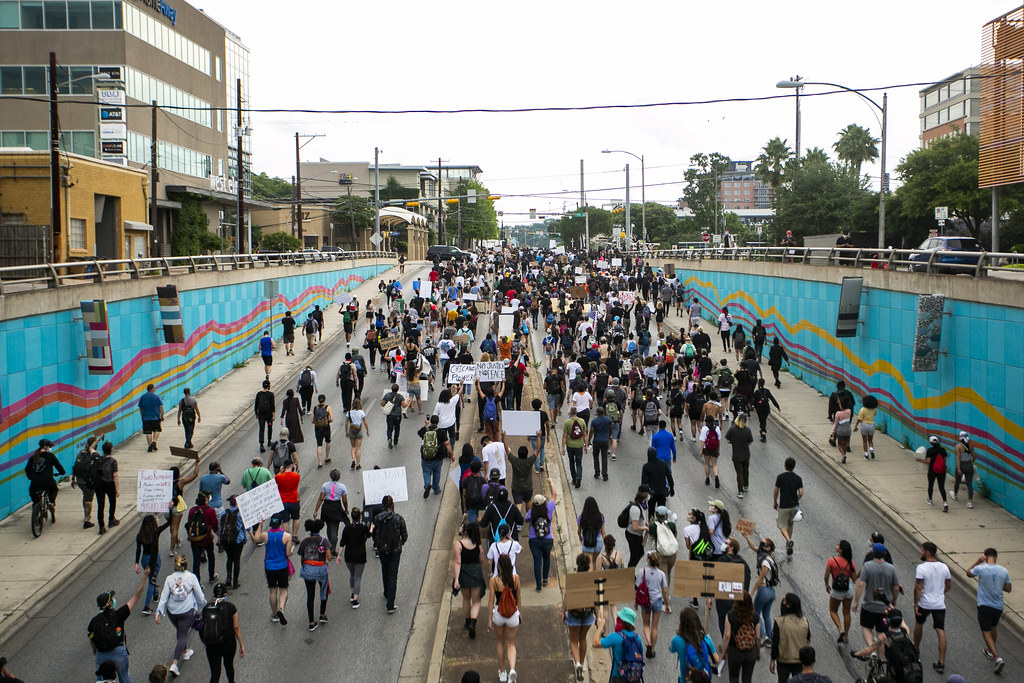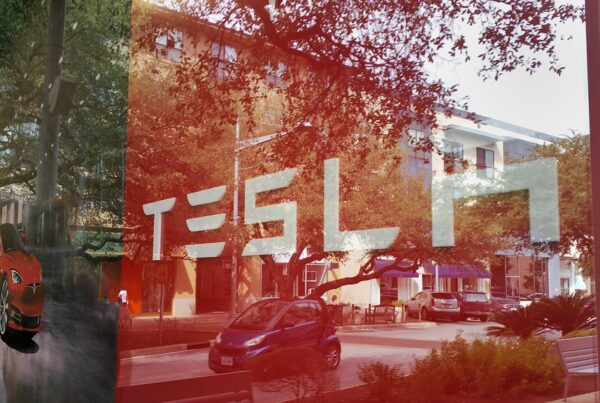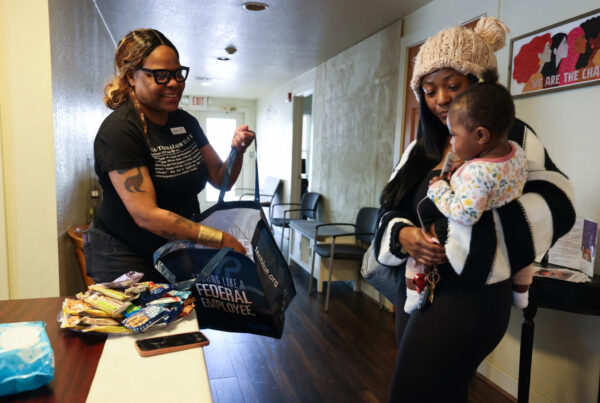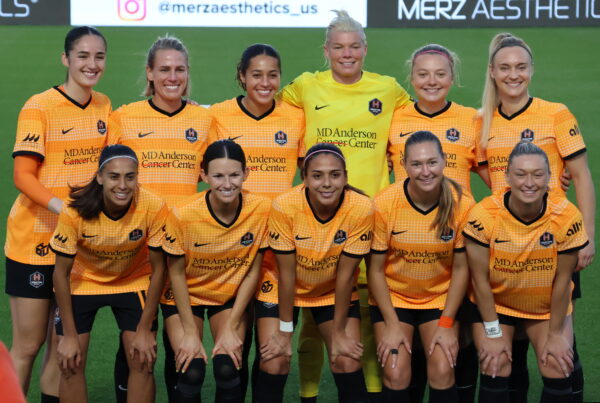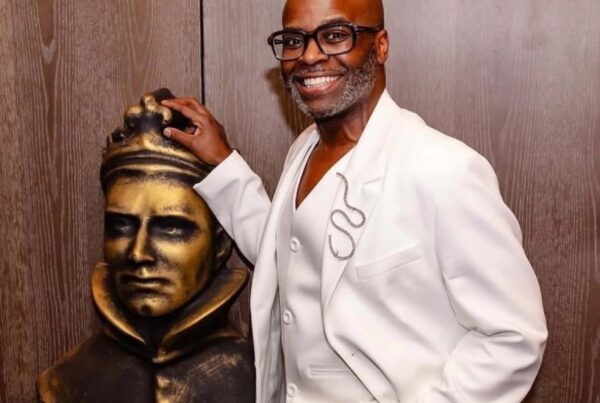A decision by the U.S. Supreme Court on Monday could have major implications for protest organizers in Texas.
The high court declined to hear a case out of Louisiana involving a police officer who suffered serious injuries after being hit with a rock during a 2016 Black Lives Matter protest. The protest was organized by DeRay McKesson in the aftermath of the fatal police shooting of Alton Sterling, a Black man who police said was resisting arrest outside of a convenience store.
After the officer was injured, he sued McKesson. The Fifth Circuit Court of Appeals sided with the officer, stating McKesson could be held financially liable for the injuries – even though the organizer had nothing to do with the violent action.
McKesson’s lawyers had hoped the U.S. Supreme Court would take up the case due to concerns it violated Americans’ First Amendment rights to protest. But the court’s decision Monday not to means the Fifth Circuit’s ruling – which covers Louisiana, Texas and Mississippi – is upheld.
Tara Grove, the Vinson & Elkins Chair in Law at the University of Texas School of Law, said the Fifth Circuit’s decision attempted to be very narrow by saying McKesson was not liable for another person’s actions, but that he was negligent in the way he led the protest.
“So on the law, one could read this decision as restricting very, very little. But that’s not the way the free speech tends to work,” she told Texas Standard. “People tend to speak more freely when they don’t have to worry about very many repercussions. And so I think there’s a genuine concern, no matter what the court said, that people will interpret this decision as kind of granting a license to folks to sue protest organizers.”
» GET MORE NEWS FROM AROUND THE STATE: Sign up for Texas Standard’s weekly newsletters
David Goldberg, a member of McKesson’s legal team, said in a statement he was disappointed by the decision, though he expressed optimism the issue will be revisited.
“I am confident that the Court eventually will consider and repudiate this dangerous rule of law,” he said in a statement provided by the American Civil Liberties Union, which is also part of the legal team representing McKesson.
Goldberg and the ACLU cited a statement by justice Sonia Sotomayor on Monday saying that, although the high court declined to review the litigation, the denial “expresses no review about the merits of” the claim. Sotomayor also cited Counterman v. Colorado, a 2023 Supreme Court case, in which the ACLU said the U.S. Constitution “prohibits holding anyone liable for mere negligence when it comes to speech in any circumstance.”
The case will now return to the lower court for consideration. In the meantime, Grove said the concern is that people could be more nervous about leading protests in the first place.
“This is something that’s kind of at the heart of the First Amendment: chilling speech, making it harder for people to speak because they’re nervous about what might happen to them if they do speak,” she said.
The ACLU sought to reassure organizers and future participants in protests that their actions are still protected.
“The Court just last year affirmed that negligence can never be the governing standard when it comes to speech, and Justice Sotomayor suggests it simply didn’t need to say so again here,” Vera Eidelman, a staff attorney with the ACLU Speech, Privacy and Technology Project, said in a statement. “That should be the takeaway for the lower courts in this case and in protest cases going forward.”
McKesson stressed the decision shouldn’t deter the public.
“The goal of lawsuits like these is to prevent people from showing up at a protest out of the fear that they might be held responsible if anything happens,” he said in a statement. “But people don’t need to be afraid to show up. The Constitution still protects our right to protest.”


